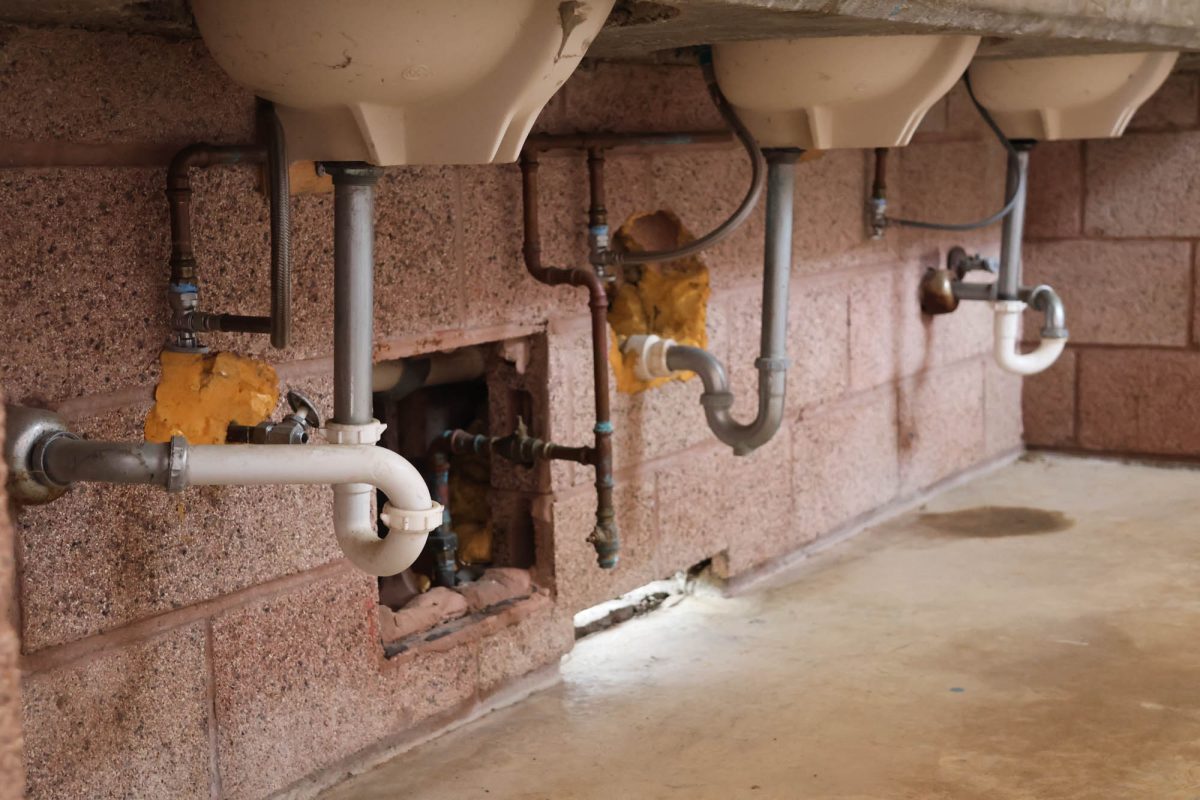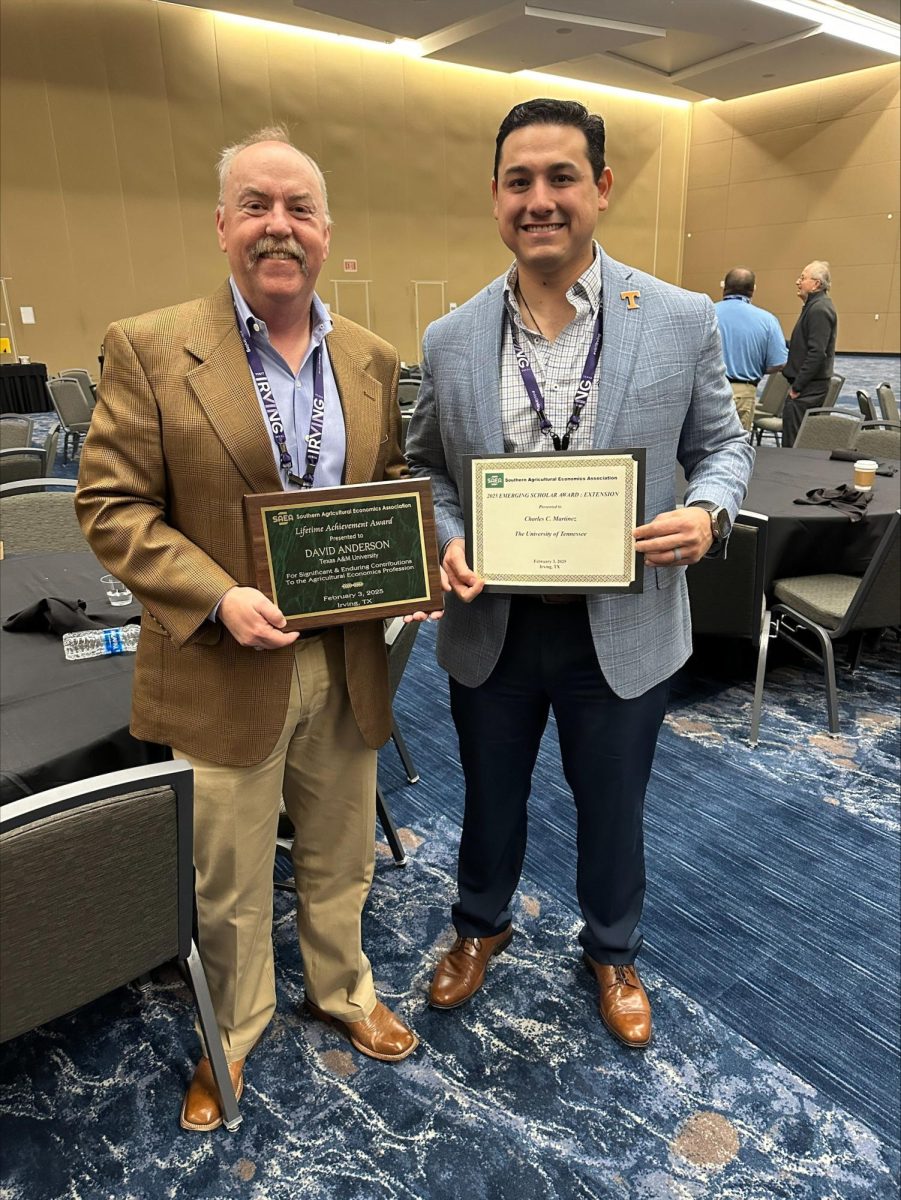With tensions high surrounding housing security between students and some full-time College Station residents, the city has proposed a series of solutions.
After the College Station City Council requested a presentation on rental inspections in June, Director of Community Services Debbie Eller put together a presentation on information about proactive rental inspections, or PRIs, and their challenges and benefits for the Thursday, Sept. 8 city council meeting.
The city will continue to work on some type of inspection plan. There is no current PRI in College Station, and the proposed plan can include inspections when an apartment becomes vacant, inspections on a fixed basis of three, four or five years, or self-certification based on the age or certification of a rental property after the initial inspection.
“There’s already some inspections that are done on the properties, and the majority of our rental properties and owners and managers are doing the right thing, but we do have some that are not, and that is when we have a property that has problems,” Eller said. “We want to know about it, and then we want to be able to address that within the law.”
Eller said she wants everyone to understand the protections available to them. These protections come through a renter’s lease, as well as the International Property Maintenance Code, fire marshal inspections, insurance inspections and inspections by lenders.
“If you sign a lease, there’s very specific terms of that lease that tell what the owner of the property is supposed to be responsible for, what the tenant is supposed to be responsible for and the processes that they’re supposed to go through if there’s a problem,” Eller said. “We talked to the council about education and outreach for tenant property, owners and managers as well because everybody needs to understand that there are resources out there and what their rights are.”
The city currently uses a rental registration program that requires rental properties to be registered with the city, Eller said.
“We have information regarding the owner and the local contact responsible for that park property,” Eller said. “If there is a problem, we know who we can get a hold of in an emergency situation, or if there’s multiple issues with the properties, we can know somebody that we can work with.”
The biggest challenge with implementing a PRI is staffing, Eller said.
“If we wanted to work with a third party, you look at less than 100 inspectors to try to inspect 27,000 units,” Eller said. “That’s a pretty monumental task.”
The most common complaints for housing regard mold, water leaks and air conditioning units, Eller said.
“There’s different types of inspections that are done,” Eller said. “So, some of them are very basic housing standards that would look at the habitability of a house, but it wouldn’t really look at those technical systems. We don’t do any testing for mold. Also, the property maintenance code does not require [air conditioning].”
Engineering junior Jessica Williams is the community relations chair for Student Senate and authored and helped pass SR 7501, a resolution expressing the Student Senate’s support of rental inspections.
“Students should be in support of rental inspections, and they should know that this is a process going on, and in order to hopefully provide higher quality, safer housing,” Williams said. “Rental inspections are becoming a really common policy. We’re seeing dozens of cities move towards this across the nation. It’s something that ensures everyone has safe and quality housing, and it’s really the future.”
At the meeting, the council discussed options for an hour, and heard from four speakers, including Eller and Williams.
“When we begin to structure the fines and the fees, I would like some kind of structure that incentivizes the landlord not to have problems in the first place,” council member Elizabeth Cunha said. “I would like some kind of escalation. The first time the city has to go out there because they cannot work it out with the tenant themselves, there’s a fine. And I’d like that fine to escalate every time the city has to get involved with that same landlord.”
The city also hopes to create a tracking system to catalog complaints annually to evaluate data. But as of now, they will continue to plan and listen to community feedback.
“It is a long-term process,” Eller said. “It’s not like you just snap your fingers and we have a proactive rental inspection program. There’s going to be quite a bit of research that will have to be done. [We’re going to get] the public’s input so that we are creating something that is effective and efficient, efficient use of the city’s resources and then realistic so that you know that’s the main thing is we want to make sure that everybody understands what we can and can’t do, can and can’t require.”









